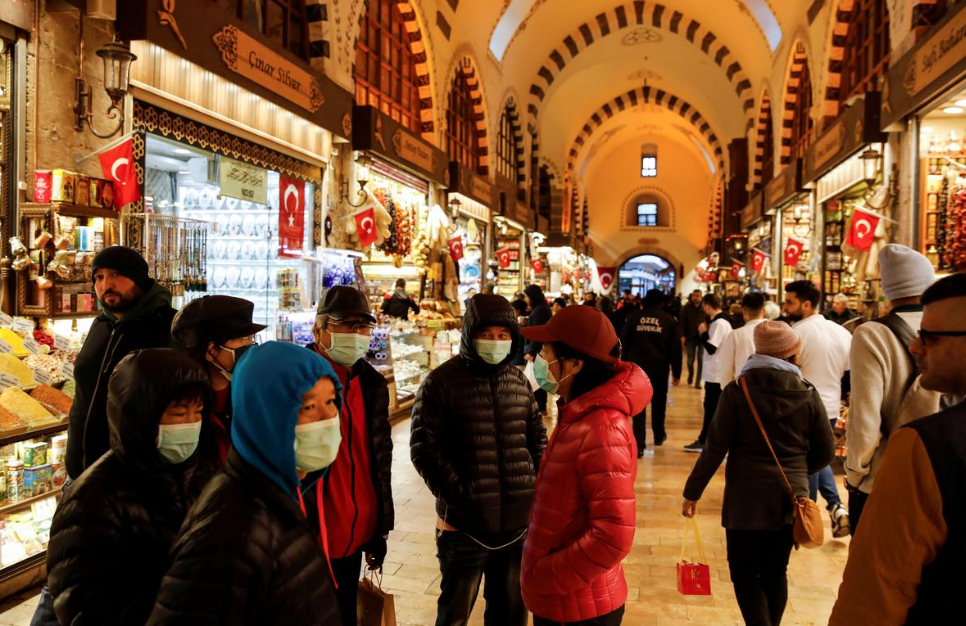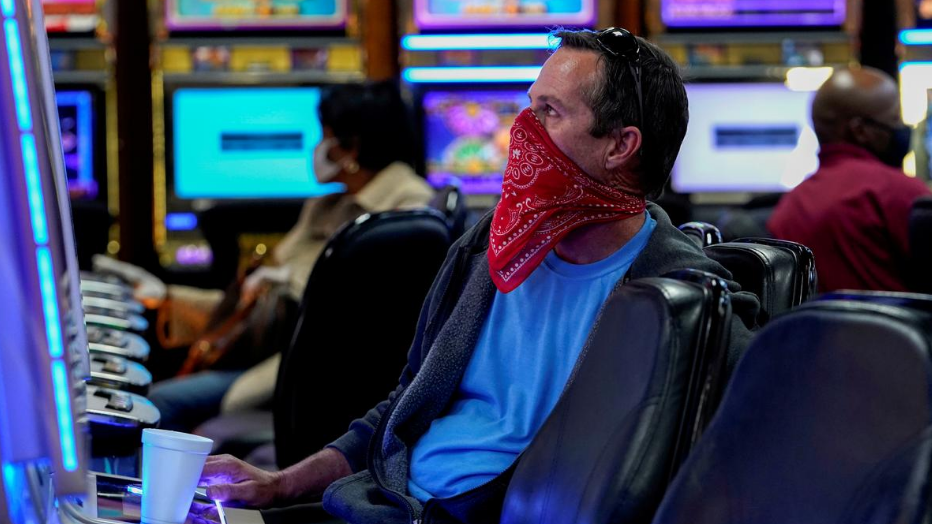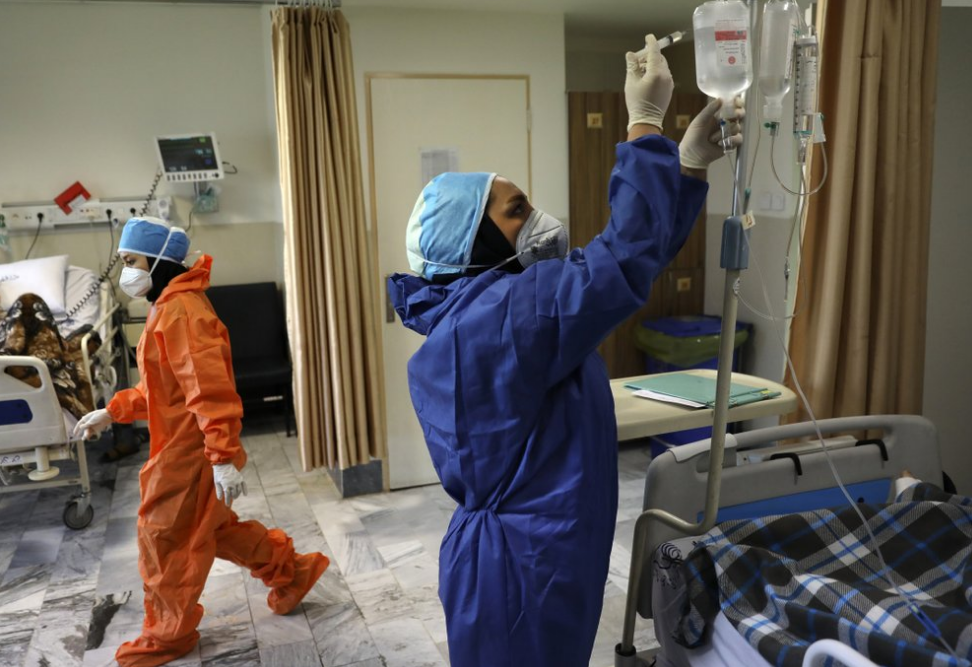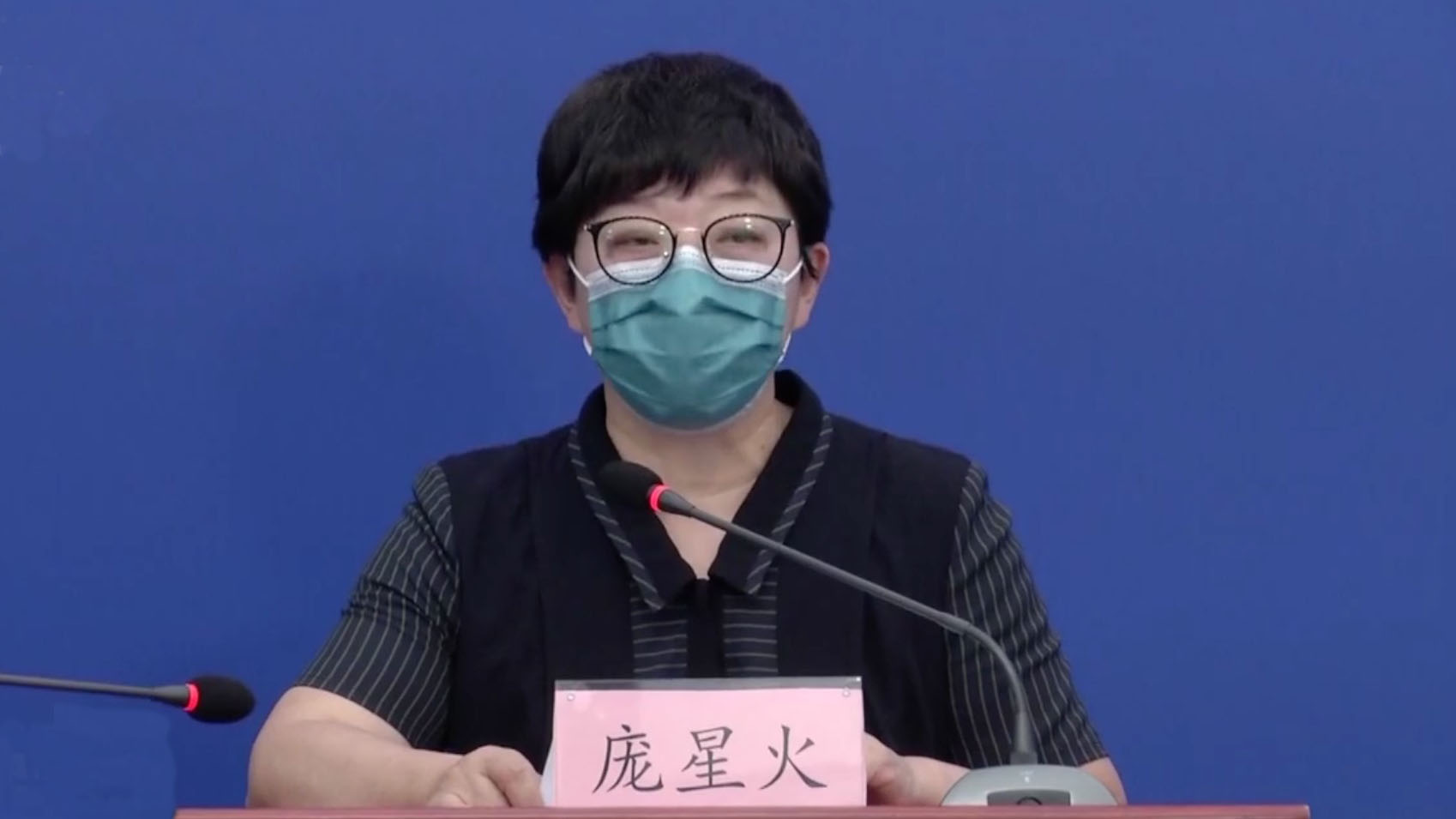Editor's note: This is the 79th article in the COVID-19 Global Roundup series. Click here for the previous one.
As spikes in coronavirus cases have been detected in countries where efforts are being made to reopen the economy, authorities in these countries have been quick to react, whether by rolling out contingency measures, making preparations to reverse the course of opening, or issuing public statements to warn citizens against indiscretion.
Turkey mulls enforcing mask-wearing nationwide
In Turkey, new COVID-19 cases have roughly doubled to 1,600 per day since restaurants and cafes reopened, intercity flights and car travel resumed, and weekend stay-home orders were lifted.
With Turks pouring into the streets, malls, and parks or taking vacations - often without face masks - authorities have urged caution and said new cases are emerging in more rural central and southeastern provinces.

People wear protective face masks due to coronavirus concerns in Istanbul, Turkey March 16, 2020. /Reuters
People wear protective face masks due to coronavirus concerns in Istanbul, Turkey March 16, 2020. /Reuters
One senior government official called the new infections "a serious problem" and said steps might be taken after President Tayyip Erdogan chairs a cabinet meeting this week.
As wearing masks in public is currently compulsory in about half of Turkey's provinces, officials told Reuters data over the next few days will be critical in deciding whether steps - such as broader enforcement of masks and social distancing - may be required for some groups or regions to avoid a second wave of infections.
But with the economy lurching out of a near stand-still since mid-March and many still out of work, there is little appetite to do anything that could hurt consumption, tourism or manufacturing industry, they said.
"We need to ensure the implementation of these rules (on masks and social distancing) as a society. If we cannot follow them, then we need to take steps to make sure people are abiding by these rules," said Ates Kara, a member of Turkey's advisory Science Council.
Infections this month were higher than expected due in part to the difficulty of getting the message across and to people believing the virus was "completely eliminated", said Kara, a professor of pediatric infectious disease at Hacettepe University's Medical School.
Turkey ranks 12th globally in coronavirus cases at nearly 180,000, with more than 4,800 deaths.
At its height, the outbreak centered on the main cities of Istanbul, Izmir, and Ankara, but in the last two weeks, 450 infections were reported in the southeastern province of Diyarbakir.
One health official in Diyarbakir said people were failing to wear masks properly due to hot weather and that 24,000 people had been quarantined in their homes.
Turkey's top medical association this week criticized the decision to ease restrictions too soon.
U.S. states plunging into worse outbreaks
On Tuesday, six U.S. states saw record jumps in new coronavirus infections, marking a rising tide of cases for a second consecutive week as most states moved forward with reopening their economies.
Arizona, Florida, Oklahoma, Oregon, and Texas all reported record increases in new cases on Tuesday after recording all-time highs last week. Nevada also reported its highest single-day tally of new cases on Tuesday, up from a previous high on May 23. Hospitalizations are also rising or at record highs.

A man wearing a bandana on his face plays a slot machine at the recently reopened Lucky Star Casino amid the spread of the coronavirus disease (COVID-19), in El Reno, Oklahoma, U.S. May 20, 2020. /Reuters
A man wearing a bandana on his face plays a slot machine at the recently reopened Lucky Star Casino amid the spread of the coronavirus disease (COVID-19), in El Reno, Oklahoma, U.S. May 20, 2020. /Reuters
At Arizona's Tucson Medical Center on Monday, just a single intensive care unit (ICU) bed designated for COVID-19 patients was available, with the other 19 beds filled, a hospital representative said.
"ICU to be expanded, hopefully, in the coming days," Dr. Steven Oscherwitz, an infectious disease expert at the hospital, said in a tweet on Monday night. "Not sure where people needing ICU care will be able to go since most AZ (Arizona) hospitals are pretty full now."
In a briefing last week, Arizona Governor Doug Ducey focused on hospital capacity — saying that although positive COVID-19 cases have been increasing, Arizona's hospitals are prepared to handle more patients.
He also dismissed concern about hospitals as "misinformation" and reassured his faith in Arizona hospitals.
On the other hand, Virginia Governor Ralph Northam decided on Tuesday to cease moving his state into phase 3 of reopening.
"We will not be moving into phase 3 this week. On Thursday, we will have more to say about what phase 3 would look like," he said.
Health officials in many states attribute the spike to businesses reopening and Memorial Day weekend gatherings in late May. Many states are also bracing for a possible increase in cases stemming from tens of thousands of people protesting to end racial injustice and police brutality for the past three weeks.
In Texas, while Governor Greg Abbott attributed the increase to an outbreak at an assisted living facility and delayed reporting, the state's hospitalization rate, a number of officials monitor to ensure the healthcare system isn't overwhelmed, has been increasing as well.
Hospitalizations - a metric not linked to increased testing - also hit a record high. The state has nearly 15,000 hospital beds available, Abbott said.
The top Texas health official, John Hellerstedt, said the increase was manageable, but the situation could change.
Nine mayors and several other top officials in the state have urged Abbott to make mask-wearing mandatory. "If mayors are given the opportunity to require face coverings, we believe our cities will be ready to help reduce the spread of this disease," the mayors said in a letter to Abbott.
Iran's caution against complacency
Iran reported its first coronavirus cases and deaths on the same day in February — the Middle East's first and biggest outbreak of the virus — yet it only recently saw its highest single-day spike in reported cases, followed soon by the highest daily death toll in months.
The spikes that came after a major Muslim holiday last month, have renewed fears about a potential second wave of infections sweeping across Iran. As businesses open and people begin to move around more after weeks of closures of most stores, offices, and public spaces, health experts worry that growing complacency among the country's 80 million people may further allow the virus to spread.

After months of fighting the coronavirus, Iran only just saw its highest single-day spike in reported cases after Eid al-Fitr, the holiday that celebrates the end of Ramadan. /AP
After months of fighting the coronavirus, Iran only just saw its highest single-day spike in reported cases after Eid al-Fitr, the holiday that celebrates the end of Ramadan. /AP
Health Minister Saeed Namaki said he realized the extent of the challenge when he took a domestic flight. "Many people have become careless, frustrated with wearing masks," he said. "They did not observe (social) distancing in the flight's seating, and the airliner's ventilation system was not working."
Iran saw its highest single-day total of reported new cases — 3,500 — on June 5. The number dropped in the days afterward but remained in the low 2,000s a day, around twice the lows in the last week of April and the first week of May.
The spike in cases occurred largely in Iran's oil-rich southwestern Khuzestan province, as well as the western provinces of Kermanshah and Kurdistan. Officials link it to the Eid al-Fitr holiday that came in late May, during which families often travel to visit friends and relatives to mark the end of the Islamic holy month of Ramadan when Muslims fast from dawn to dusk.
The spike also reflects an increase in testing, Health Ministry official Ehsan Mostafavi said. Iran now has 130 labs across the country, running as many as 25,000 tests a day. Some 1.3 million tests have been conducted, up from 500,000 just a month ago.
While the country is opening up, some restrictions still stand. Friday prayers in major cities remain closed, as do schools and universities, except for a few courses. Authorities have imposed rules to keep people spread out at indoor locations and ordered people to wear masks there and on public transportation.
But Iranian President Hassan Rouhani said Saturday that only 18% of people are observing social distancing and other measures, down from 80% about a month ago.
Yet Rouhani also said that starting Saturday, kindergartens, coffee shops, and libraries can resume activities while applying protective measures. He said the country still could revert to stricter measures if needed.
Movements curbed, flights canceled in Chinese capital Beijing
Many in Beijing have had their daily lives upended by the resurgence of the disease over the past six days, with some speculating the entire city is headed for lockdown as the number of new cases mounts.
Health officials reported 31 new infections for June 16, taking cumulative cases since Thursday to 137 in the city's worst resurgence in four months, with 356,000 people tested since Sunday.
All 137 of the current cases of COVID-19 in Beijing are related to the Xinfadi market, among them, 95 percent of the patients are showing mild to moderate symptoms.
00:23

Although roads and highways in Beijing were still open and companies and factories had not been told to halt work, authorities stepped up movement control measures on Wednesday.
As of 9:10 a.m. local time on Wednesday, at least 1,255 inbound and outbound flights from Beijing Daxing International Airport and Beijing Capital International Airport were canceled.
Train passengers also got ticket refunds, an apparent bid to discourage travel, even though services have not been officially canceled.
All outbound taxi and car-hailing services and some long-distance bus routes were canceled on Tuesday when officials put the city back on a level two alert, the second-highest in a four-tier virus emergency response system.
The city has also once again suspended the opening of indoor venues such as those for sports and entertainment, and all closed recreational venues are to remain shut.
While officials have stressed that Beijing is in a "critical situation" and said that it is likely for daily cases to increase, they have asked people not to panic.
(With input from agencies)